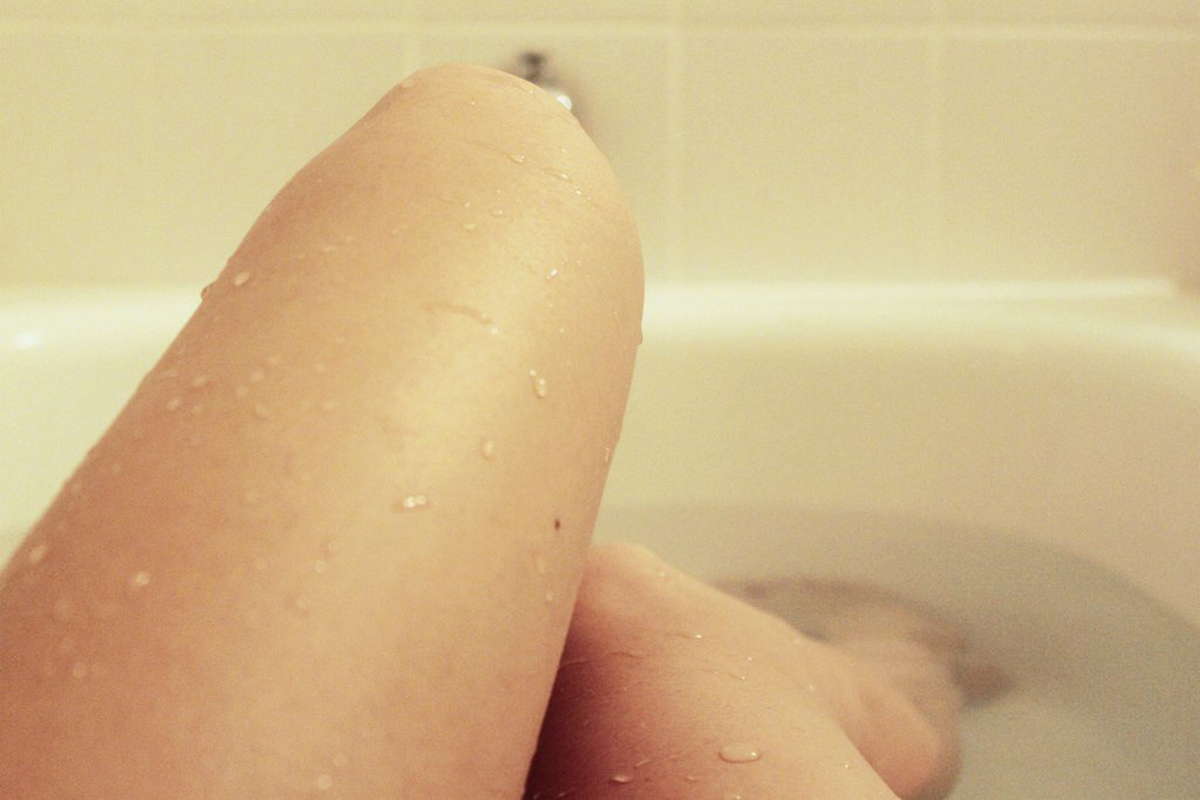
Water on the knee is a colloquial term used to describe a condition in which excessive fluids accumulate in the knee.
Normally, there is a small amount of fluid inside the knee joint capsule, which serves to enable smooth movement of the joint. The fluid is called synovial fluid and it protects the cartilage of the knee. In some cases, due to several medical conditions or problems, the production of synovial fluid becomes excessive and the knee becomes swollen. This is called water on the knee or knee joint effusion.
Causes of water on the knee
There are several medical causes of accumulation of excess fluids in the knee. Rheumatoid arthritis or osteoarthritis are known for causing this problem.
Another possible reason for water on the knee can be an infection. However, in this case the swelling is not caused by synovial fluid and it is in fact pus that forms as the body responds to the infection.
In case the knee suffers an injury, for example in an accident, and if the bone is fractured there is a great chance the blood will rush inside the knee and cause swelling. This may appear as water on the knee but the fluid is blood and not the synovial fluid.
Gout or pseudo-gout also cause swelling of the knee or water on the knee. In case of gout, the crystals of uric acid accumulate and cause inflammation and swelling, and in pseudo-gout the same thing happens, only with calcium crystals.
Symptoms of water on the knee
As it is mentioned above, the main symptom of water on the knee is swelling. The swelling is not necessarily visible, although in most cases it is. The swelling causes tension and pain and it makes it difficult to straighten the knee. Standing, walking and any activity that puts weight on the knee becomes difficult to do due to the pain and reduced joint mobility is also present.
Treatment for water on the knee
The only way to solve the problem with water on the knee is to find out what exactly is causing it. Treating the underlying condition will eventually solve this problem too.
In some causes the fluid build-up is so excessive it causes unbearable pain and it limits the mobility, so it needs to be drained out. However, this is only a temporary solution and the fluids will accumulate again if the cause is not solved.
In case of arthritis, sometimes a surgery is the best solution. Infections in the knee can be solved with anti-inflammatory injections, and analgesics can help to reduce inflammation and pain as well.
As for the self-help, ice packs and cold compresses can be very effective in reducing the swelling due to water on the knee. Elastic compression bandages can be used too.


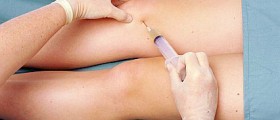
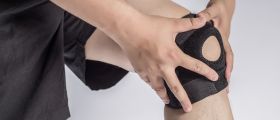
-Symptoms,-Diagnosis,-Treatment_f_280x120.jpg)
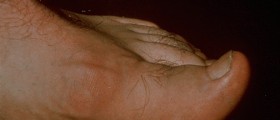


-Arthritis_f_280x120.jpg)




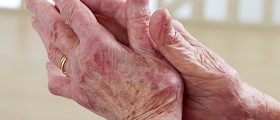

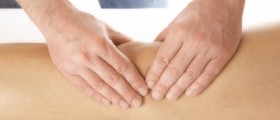

Your thoughts on this
Loading...